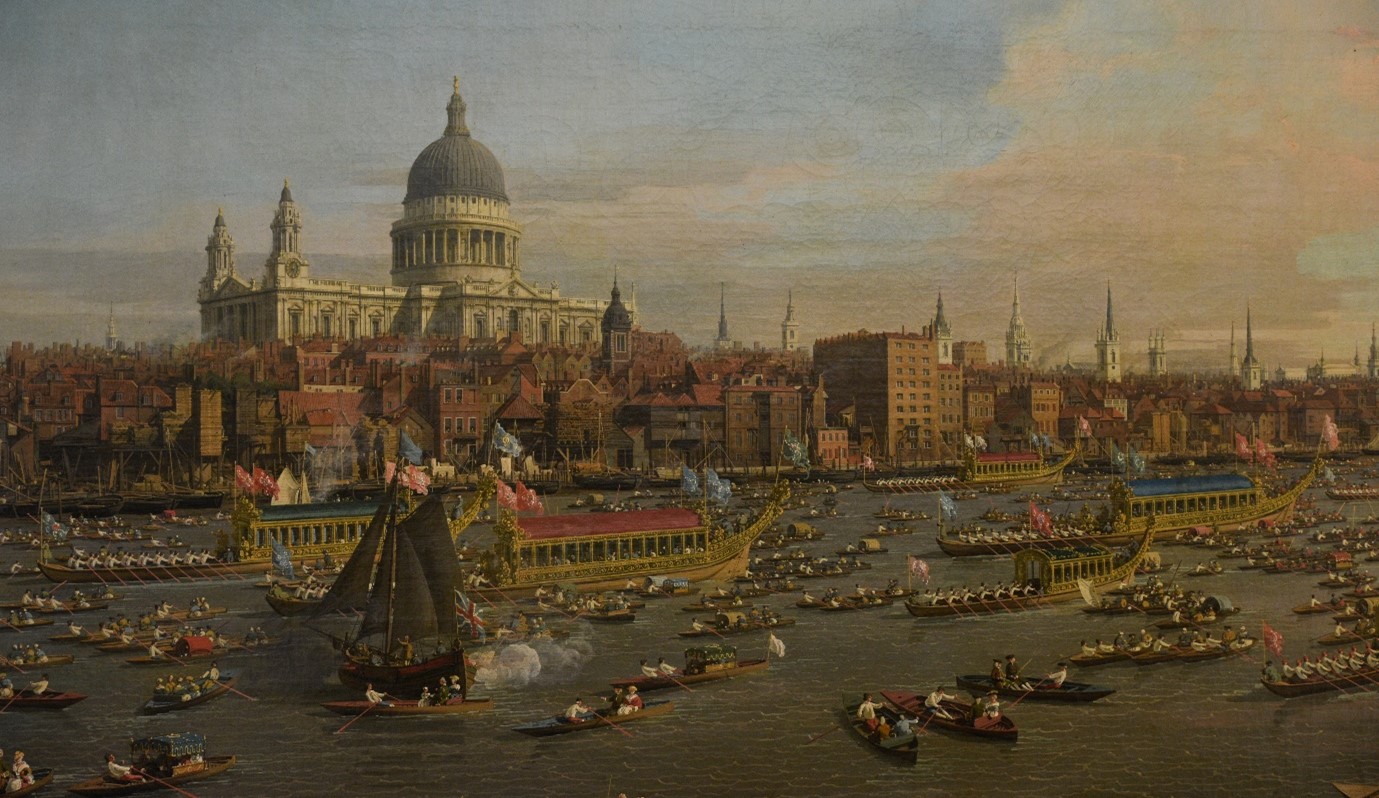A tale of one city: Space and place in eighteenth-century London

By the end of the long eighteenth century London was the largest city in Europe and was well on the way to becoming the biggest metropolis in the world. Old jostled with new and the rich rubbed shoulders with the poor. London combined a go-ahead commercial and knowledge culture with mercantile wealth, lavish displays of monarchical grandeur, polite institutions and political authority. To understand this world properly it is necessary to think about it not just through ideas, texts and images but in terms of space and place. This paper takes advantage of the burgeoning literature on the ‘spatial turn’ to think about how a particular location impacted on the lives and expectations of those who inhabited it, visited it, portrayed it and governed it.
Eighteenth-century London is ideally suited to this approach. London was Britain’s political, commercial and mercantile hub, and a significant proportion of the British population lived there at some point in their lives. Immigration, travel and tourism, too, made movement and encounter central to metropolitan experience. Second, and linked to this, experience was often articulated in terms of space: central to this paper is the exploration of the distinctive but overlapping communities which the wider city contained, as well as the physical or imagined boundaries that delimited and disciplined that space. Third, and most significantly is the copiousness and accessibility of relevant material, which ranges from visitors’ and observers’ commentary to architecture, paintings, maps and plans, and much more besides. Surviving, remembered and even unbuilt physical infrastructure, too, is relevant.
This paper draws out connections with other themes in the historiography of the eighteenth century. It also provides potential routes into research projects linked to urban history, experience and cross-community encounter, ranging from slums to palaces and touching on refugees, religious minorities and Black London. We strongly encourage students to develop their own interests alongside the classes.
Richard Mortel from Riyadh, Saudi Arabia, CC BY 2.0 <https://creativecommons.org/licenses/by/2.0>, via Wikimedia Commons
